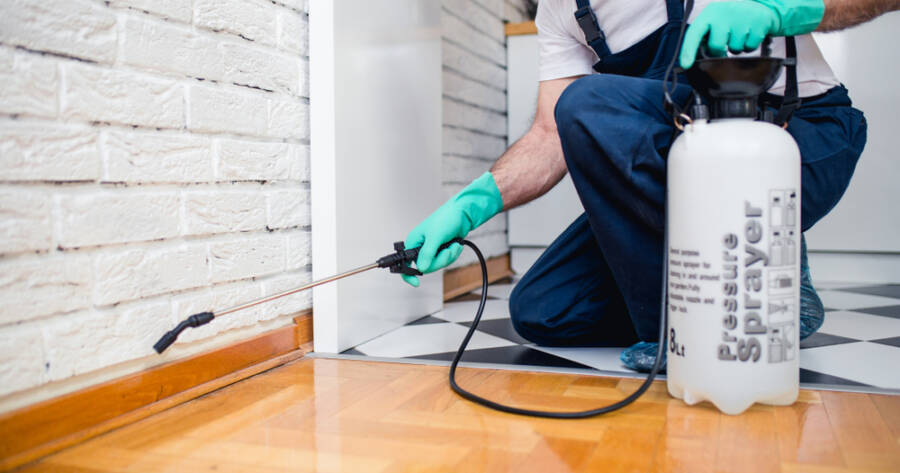Pest control is crucial for maintaining a safe and healthy environment. Pests like insects and rodents can damage property, spread diseases, and create unsanitary conditions. Effective control involves eliminating infestations and preventing future ones with a proactive approach.
Why Pest Control is Important
Pest control plays a critical role in protecting both human health and property. Certain pests, like mosquitoes, ticks, and rats, can carry harmful diseases. For example, mosquitoes can spread malaria, Zika, and West Nile virus, while rats are known carriers of diseases such as hantavirus and leptospirosis.1 Uncontrolled pest infestations can compromise the health and safety of your home or workplace.
Moreover, pests like termites, ants, and rodents can cause structural damage to buildings. Termites, in particular, are notorious for silently destroying the wooden components of homes, leading to costly repairs. Cockroaches and rodents can contaminate food and surfaces, making kitchens and dining areas unsanitary. In short, ignoring pest problems can lead to serious financial and health-related consequences.
Types of Pest Control Methods
There are several methods used to control pests, each with its advantages and best-use scenarios. Choosing the right method often depends on the type of pest, the severity of the infestation, and environmental considerations.
- Chemical Pest Control
Chemical pesticides are one of the most common methods of pest control. These include insecticides, rodenticides, and fungicides that are designed to kill pests directly or disrupt their life cycles.2 While chemical treatments can be effective, they should be used carefully, especially in homes with children and pets, as certain chemicals can be harmful to humans. Pest control professionals often know how to apply these chemicals safely and effectively. - Biological Pest Control
Biological pest control uses natural predators or parasites to reduce pest populations. For instance, introducing ladybugs to a garden can help control aphid populations. Biological control is an environmentally friendly option that avoids the use of harmful chemicals. However, it may not always be a fast solution and is usually more effective in outdoor or agricultural settings. - Mechanical Pest Control
Mechanical methods involve using physical barriers or traps to control pests. This can include mouse traps, fly screens, or barriers that prevent pests from entering homes. Mechanical pest control is often a non-toxic way to manage pests, but it may require consistent effort to maintain effectiveness. - Integrated Pest Management (IPM)
Integrated Pest Management is a comprehensive approach that combines various pest control methods to create a long-term solution. IPM focuses on prevention and uses chemical control as a last resort. It involves monitoring for pests, managing the environment to reduce their habitats, and using biological and mechanical methods when needed. IPM is often considered the most sustainable and least harmful approach to pest control.
When to Call a Professional
While many pest control methods can be done by homeowners, there are certain situations where professional intervention is necessary. If the infestation is severe, if you’re dealing with dangerous pests like wasps or venomous spiders, or if you’re unsure of how to safely handle the situation, calling a professional pest control service might be the best option.
Professionals have access to specialized equipment and advanced techniques, as well as knowledge of pest behaviors that can make eradication more efficient. Additionally, professional pest control services often offer guarantees, meaning they will return to re-treat the area if pests persist after the initial treatment.
Keeping Pests at Bay
Pest control is a critical aspect of maintaining a healthy and safe environment. Whether it’s using chemical, biological, or mechanical methods, or implementing an Integrated Pest Management approach, understanding the best strategies for your specific pest problem can prevent damage and protect your health. Taking preventive measures and knowing when to seek professional help can make all the difference in managing pests effectively.
